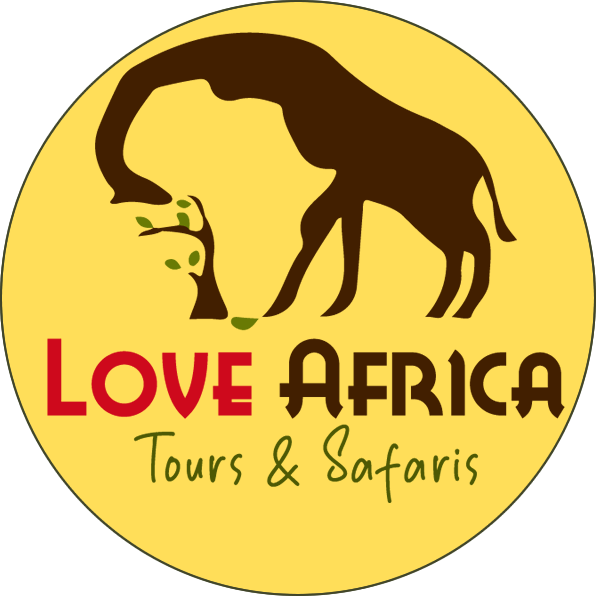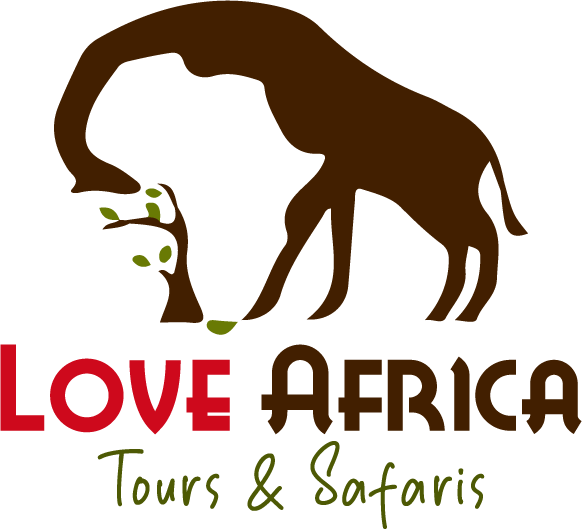Unveiling Tanzania’s Ethnic Tapestry
Tanzania, a country located in East Africa, is home to a rich and diverse ethnic landscape that reflects the country’s history and cultural heritage. With over 120 ethnic groups, each with its own unique traditions, languages, and customs, Tanzania is a true melting pot of cultures.
From the Maasai people, known for their vibrant traditional attire and livestock herding, to the Chagga people, who are renowned for their skill in farming and business, Tanzania’s ethnic tapestry is as intricate and varied as the colors of a traditional kanga cloth.
A Journey Through the Multicultural Mosaic
Embarking on a journey through Tanzania’s diverse ethnic landscape offers a glimpse into the country’s past and present. As you travel from the bustling streets of Dar es Salaam to the serene beaches of Zanzibar, you will encounter a multitude of ethnic groups, each with its own distinct customs and traditions.
One of the largest ethnic groups in Tanzania is the Sukuma people, who reside in the northwestern region of the country. Known for their agricultural prowess and vibrant music and dance traditions, the Sukuma people are an integral part of Tanzania’s cultural fabric.
In the central region of Tanzania, you will find the Iraqw people, a pastoralist community known for their unique architectural style and intricate beadwork. As you interact with the Iraqw people, you will learn about their rich oral traditions and deep connection to the land.
Heading south, you will encounter the Makonde people, famous for their intricate wood carvings and traditional mask dances. The Makonde people’s artistry and craftsmanship are renowned both within Tanzania and internationally, making them an important cultural group in the country.
In the coastal region of Tanzania, you will come across the Swahili people, whose culture is a fusion of African, Arab, and European influences. The Swahili people are known for their vibrant cuisine, music, and architecture, and their language, Kiswahili, is widely spoken throughout Tanzania and East Africa.
As you journey through Tanzania’s diverse ethnic landscape, you will witness the country’s unity in diversity. Despite the differences in language, customs, and traditions, the various ethnic groups in Tanzania share a common love for their country and a deep respect for their cultural heritage.
Exploring Tanzania’s diverse ethnic landscape is not just a journey through different communities, but a voyage into the heart and soul of this beautiful country. It is an opportunity to learn, to connect, and to celebrate the rich tapestry of cultures that make Tanzania truly unique. So, pack your bags, put on your walking shoes, and get ready for an adventure through Tanzania’s multicultural mosaic.




